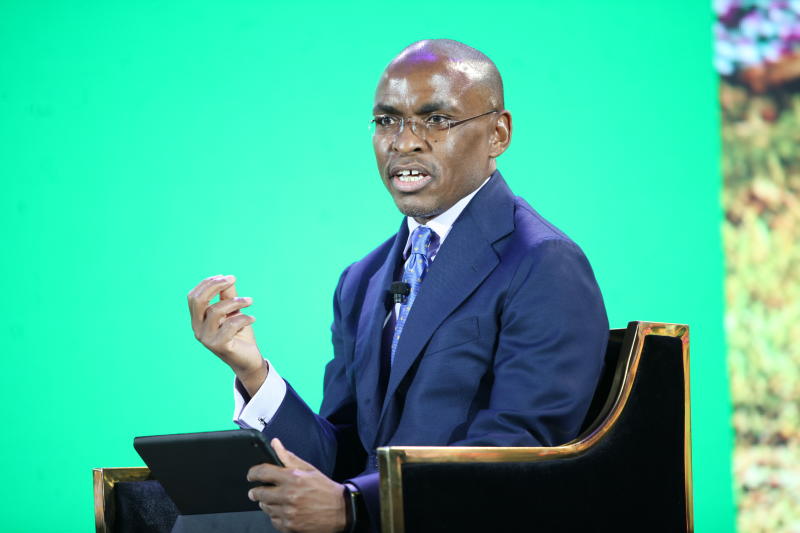×
The Standard e-Paper
Join Thousands Daily

Safaricom’s Chief Executive Peter Ndegwa must be a sports enthusiast.
In our 50-minute virtual interview, he used analogies of golf and soccer, specifically the English Premier League, to buttress his point about undertaking some sweeping changes at Safaricom.